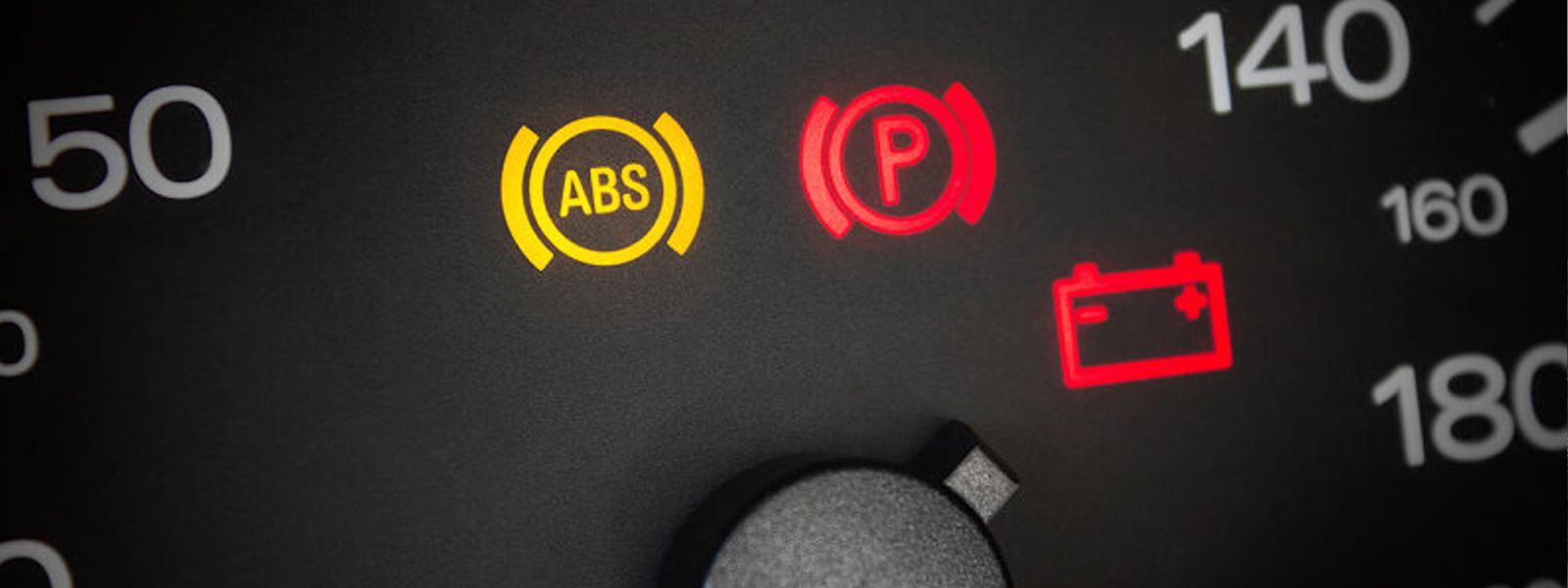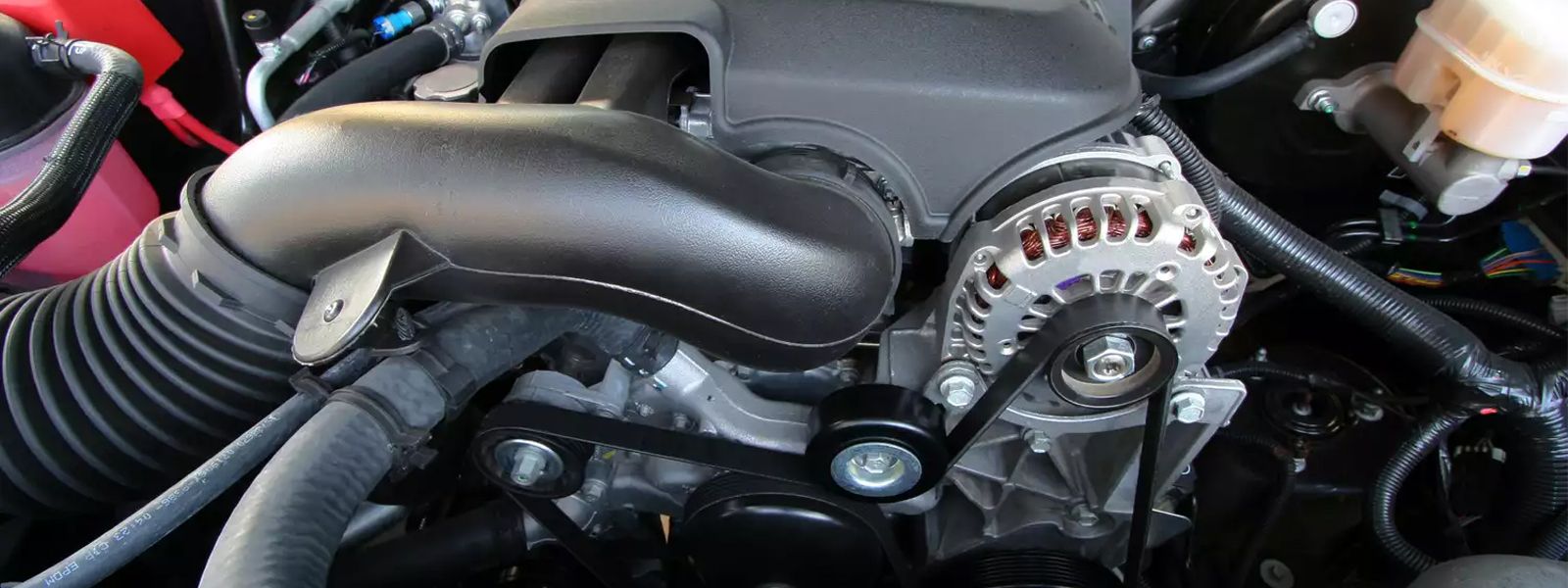
What Causes the Alternator to Go Bad

The alternator charges the battery, powers electrical components, and regulates voltage. By knowing its function and possible failures, you can take proactive measures to reduce the risk of encountering electrical system issues in your car.
Suggested A-Premium Parts
If your vehicle's alternator is malfunctioning, it can result in a dead battery and the need to have your car towed to a repair shop for fixing. However, when most people hear that their alternator is faulty, they may not fully grasp its function or how it can fail.
Knowing the alternator and its possible problems enables you to make informed choices and avoid expensive repairs. Understanding its function and potential failures allows you to take proactive steps to decrease the chances of encountering electrical system issues in your vehicle.
What Do Alternators Do
Alternators convert mechanical energy into electrical energy, charge the vehicle's battery, and provide power to the electrical systems. They are essential for generating electricity, maintaining a steady power supply, and ensuring the proper operation of various electrical components and systems in the vehicle. Without alternators, the battery would not remain charged, leading to ineffective functioning of the vehicle's electrical systems.
What Causes Alternators To Go Bad
- Component Wear: Over time, the internal components of an alternator, such as brushes, bearings, and diodes, can wear out due to prolonged usage and aging. This can result in a decrease in the alternator's efficiency and ultimately lead to failure.
- Overloading: If the electrical load on the alternator exceeds its capacity, it can exert excessive strain on its internal components, causing them to fail. This situation can occur when additional electrical accessories or aftermarket modifications are added to a vehicle without considering the alternator's ability to handle the increased load.
- Faulty Wiring or Belts: Faulty electrical connections or damaged belts can disrupt the flow of electricity to the alternator or hinder its proper rotation. Consequently, this can result in insufficient charging or complete alternator failure.
- Malfunctioning Voltage Regulator: The voltage regulator's role is to ensure a steady output voltage from the alternator. However, if the voltage regulator malfunctions or stops working, it can result in the battery being overcharged or undercharged. This imbalance in charging can eventually lead to damage in the alternator itself.
- Environmental factors, such as extreme temperatures, moisture, and contaminants, can contribute to alternator failure. Excessive heat can cause internal components to deteriorate, while moisture and contaminants can lead to corrosion and electrical shorts.
- Manufacturing Defects: In certain cases, alternators may fail due to manufacturing defects or quality issues. These defects can manifest as premature component failure or other electrical problems.
If the alternator malfunctions, it can lead to a discharged battery as the vehicle's electrical components rely on it for power. It is essential to examine the alternator even if you suspect the car starter or battery to be the source of the issue. Although alternators can fail unexpectedly, there are several signs to be mindful of:
- The "ALT" or "GEN" light on the instrument panel illuminates.
- The lights in the vehicle appear dimmer than usual and may fluctuate in brightness.
- Erratic behavior is observed in other electrical systems such as power windows, locks, air conditioning, radio, GPS, etc.
- Unusual rattling noises may arise from failed engine bearings.
- Insufficient power in the spark plugs can cause the engine to stall during starting or while running.
- The battery's charge diminishes as the alternator fails to keep it adequately charged.
Tips For Alternator Maintenance
To extend the lifespan of an alternator, several methods can be employed: First, implementing a regular maintenance schedule that includes inspecting the alternator for any signs of wear or damage, checking the electrical connections, and ensuring that the belts are in good by belt tensioners. Second, avoid exceeding its capacity by not adding excessive electrical accessories or aftermarket modifications without considering the alternator's capability to handle the increased load. Third, minimize exposure to moisture and contaminants. Ensure that the alternator is shielded from direct contact with water or excessive humidity. Fourth, avoid exposing it to excessive heat or cold whenever possible. Fifth, promptly address any electrical issues in the vehicle, such as faulty wiring or a malfunctioning voltage regulator. Finally, when repairs or replacements are necessary, choose high-quality alternator components from A-Premium. This ensures better performance and durability, thus prolonging the lifespan of the alternator.
FAQs
How do I know what an alternator to buy?
To choose the right alternator, know your vehicle's make, model, and year. Match or exceed the amperage rating, ensure compatible mounting and pulley configuration, and opt for a reliable brand with a good warranty. Consult a professional if needed.
What size of an alternator do I need?
To determine the size of the alternator you need, calculate the total amperage requirements of your vehicle's electrical components and choose an alternator with a slightly higher rating. Consult your vehicle's specifications or seek professional advice for the recommended size.
How many amps is a good alternator?
A good alternator typically has an amperage rating of at least 80 to 100 amps for standard passenger vehicles. However, the specific amperage requirement can vary depending on the vehicle's electrical needs and any additional accessories or modifications.
Will a higher output alternator work properly in my application?
In most cases, a higher output alternator can work properly in your application, provided that it is compatible with your vehicle's wiring, electrical system, belt and pulley setup, and battery capacity.
Will the installation of a higher amps alternator damage my vehicle or my battery(s)?
No, if the battery(s) are in good condition and the correctly sized alternator charge and ground cables are installed properly, there should be no adverse effects on the vehicle.










